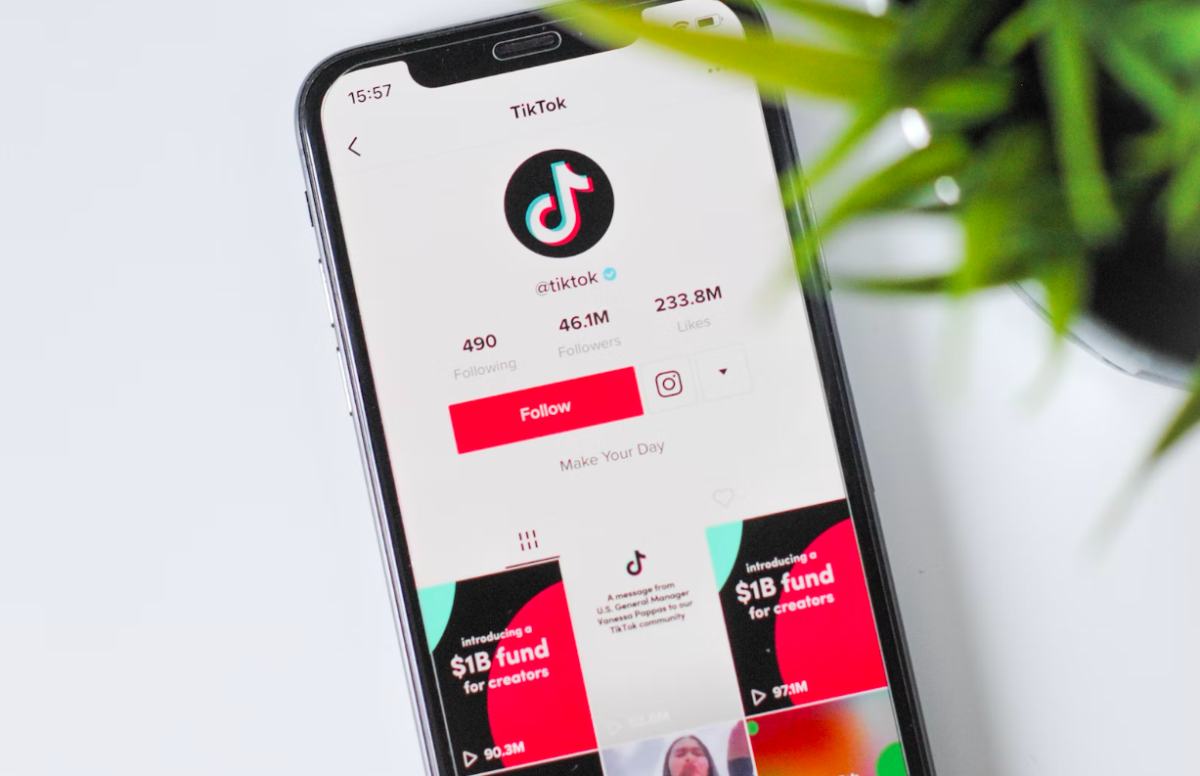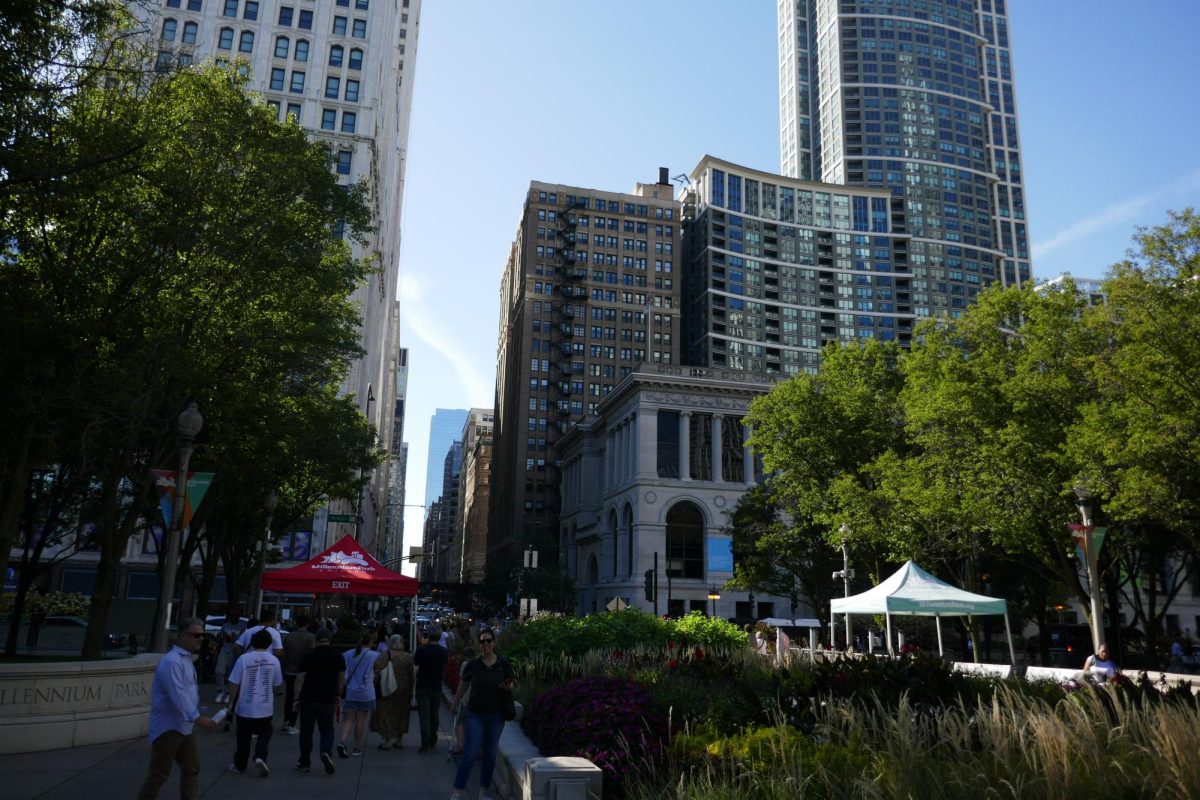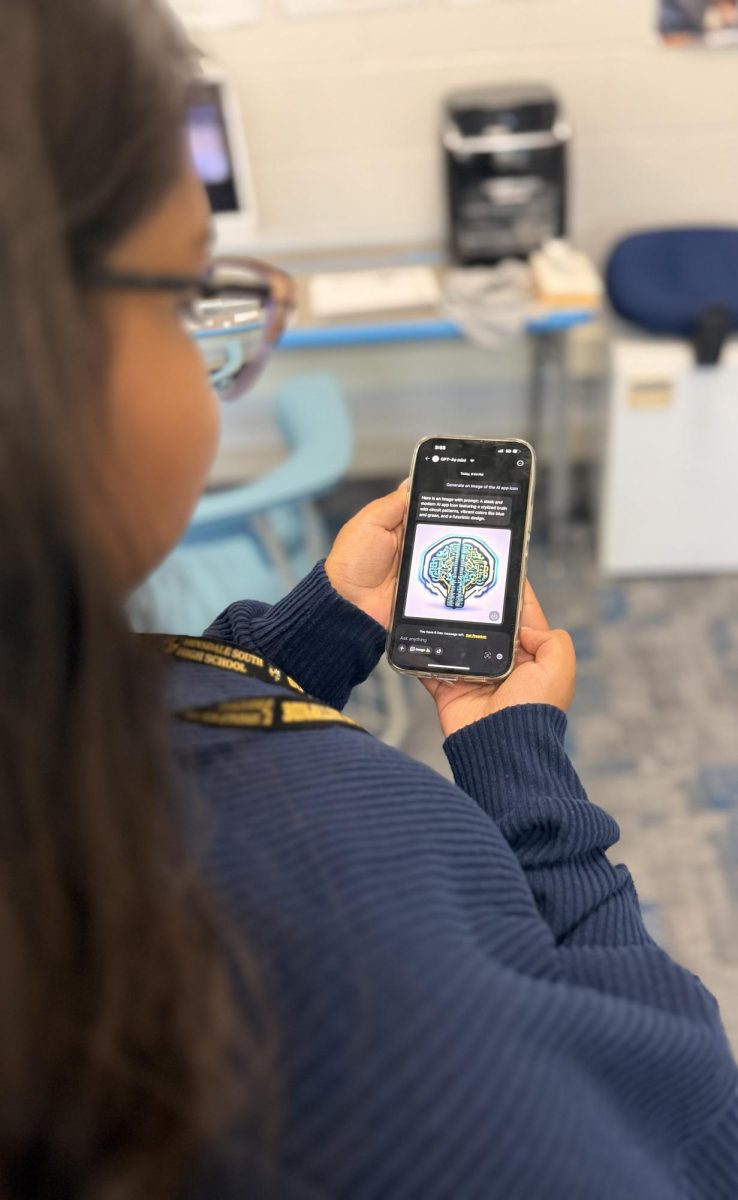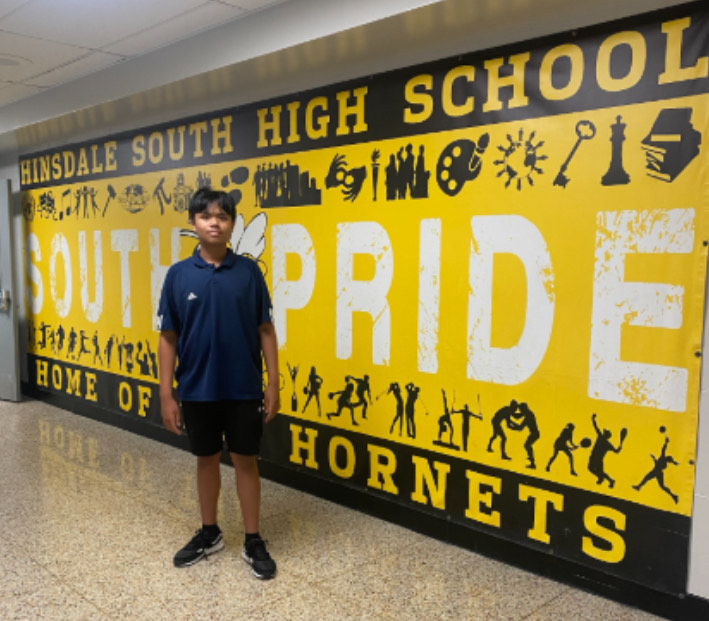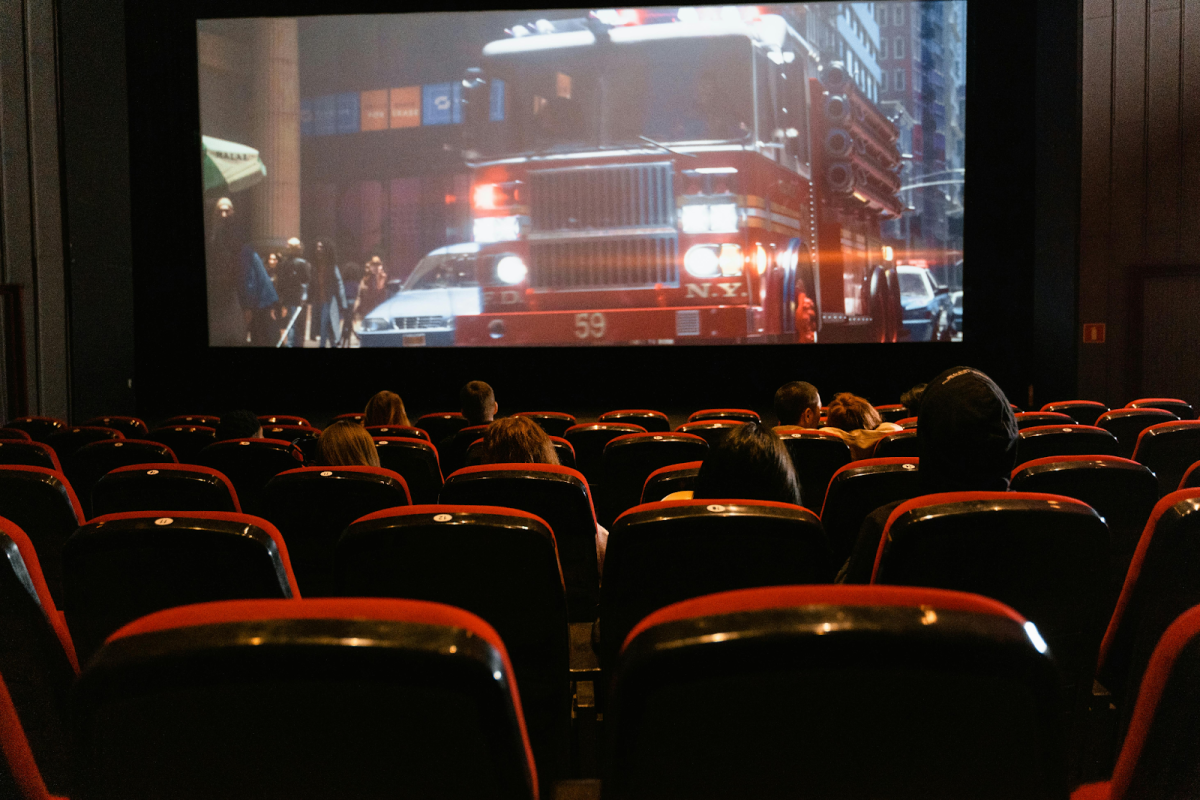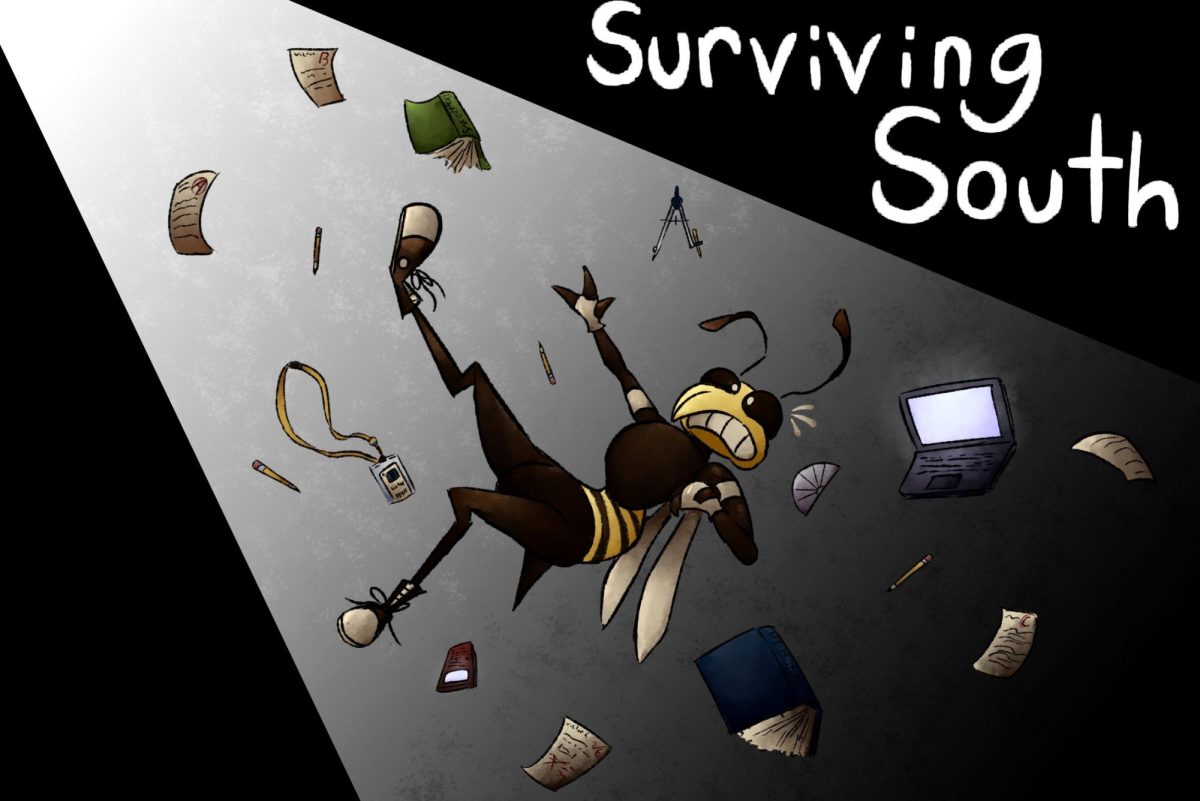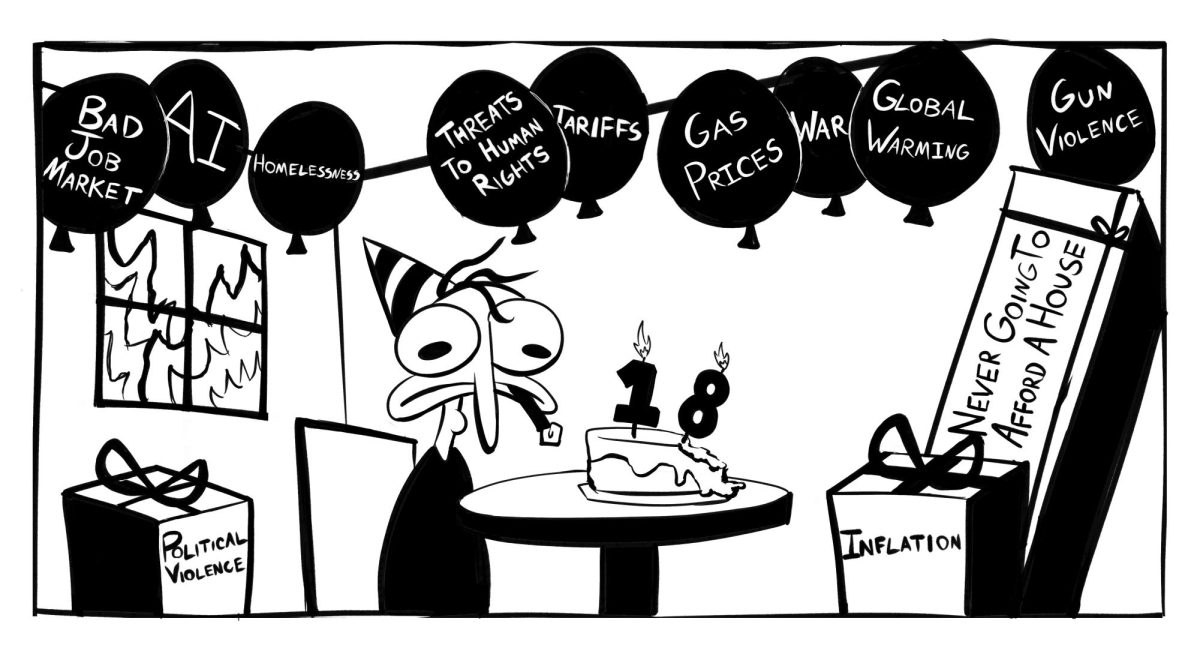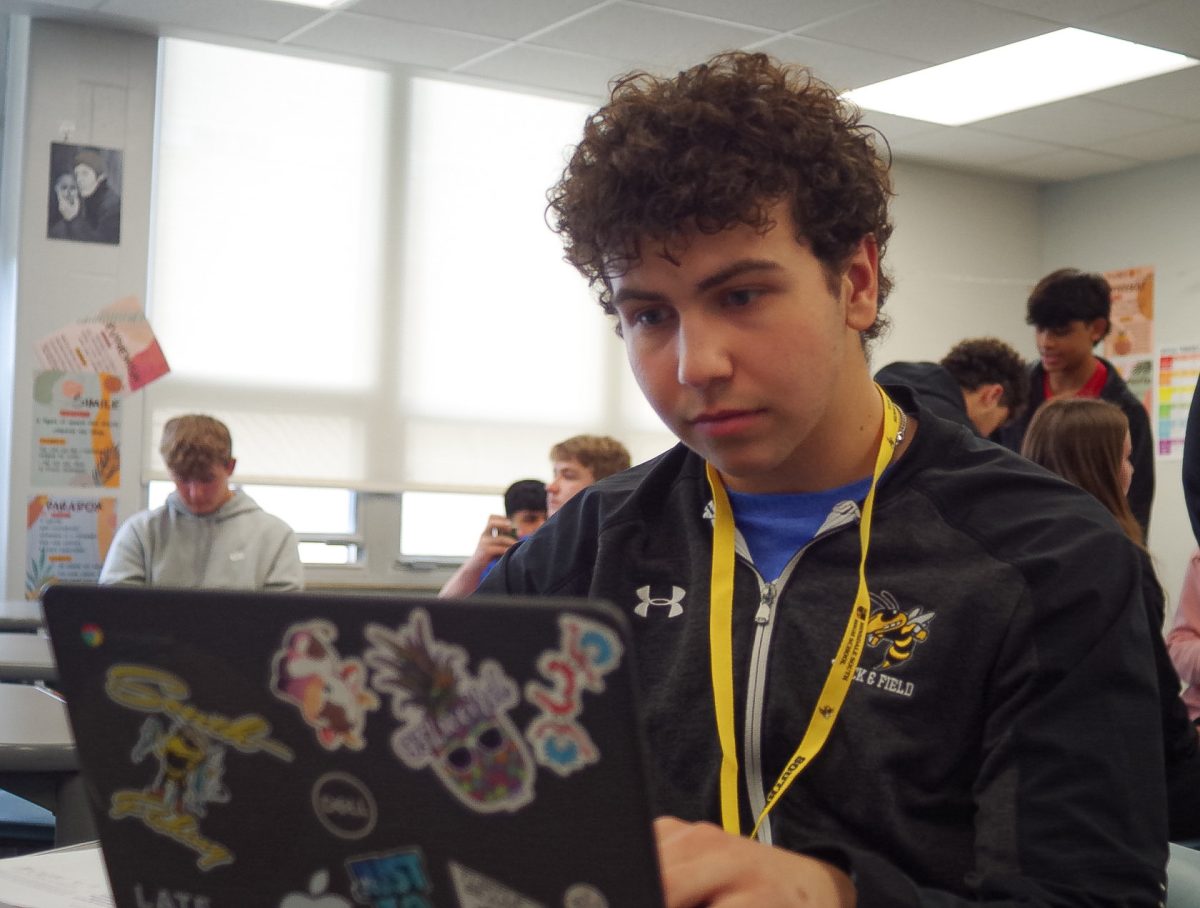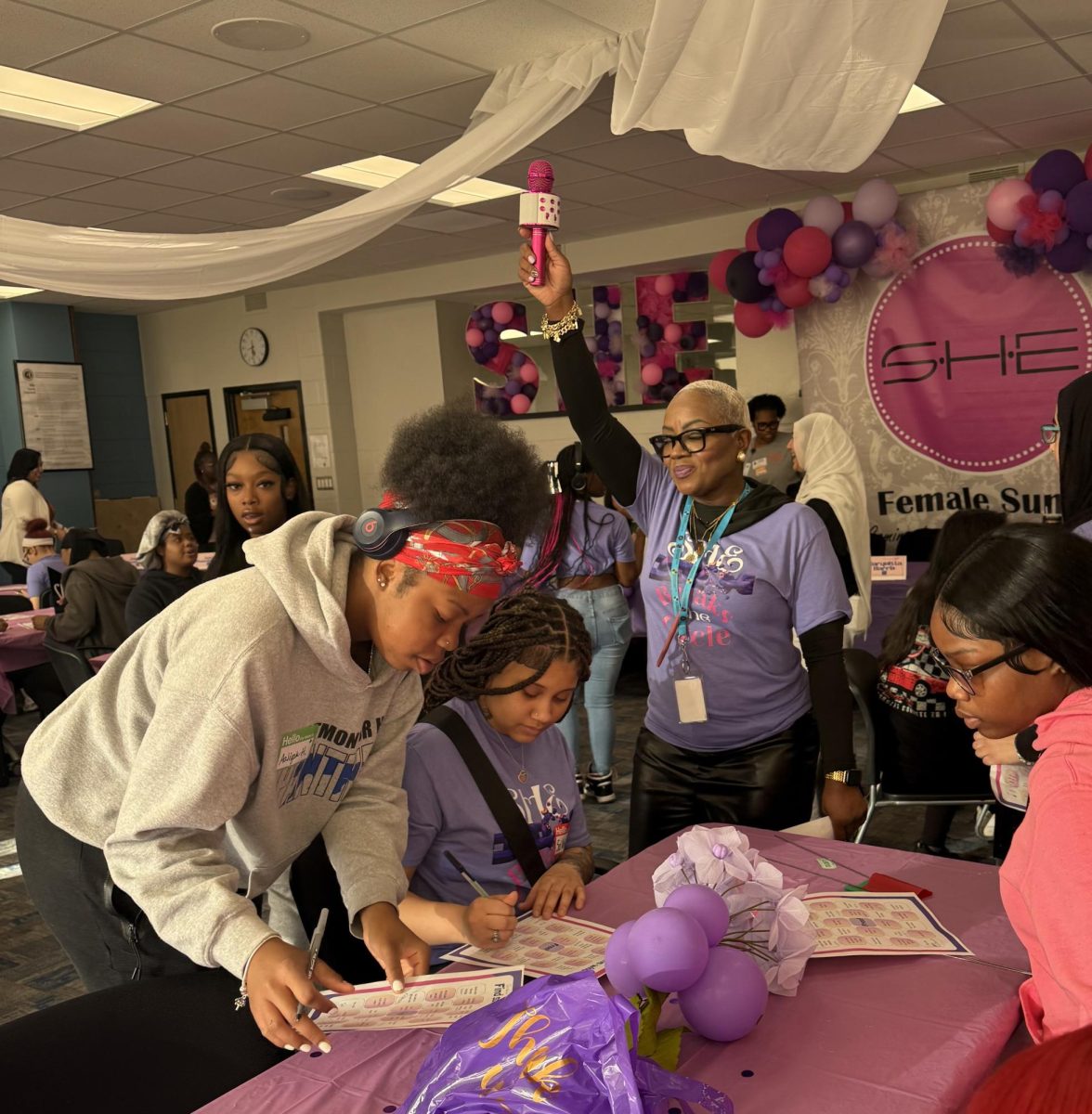When people heard TikTok might get banned, the internet went into a full meltdown. It wasn’t just disappointment—it was panic. The reaction we saw says a lot about how dependent we’ve become on social media, not just for entertainment but for our sense of identity.
Social media was supposed to be about self-expression, but let’s be honest, it’s turned into a copy-paste machine. Everyone’s doing the same dances, using the same sounds, wearing the same outfits, and chasing the same trends, because that’s what gets likes. The algorithm doesn’t reward originality—it rewards whatever’s popular—so people trade in their uniqueness for views without even realizing it.
The scariest part? Most of us don’t notice it happening. We think we’re being authentic because we add our own “twist” to trends, but at the end of the day, we’re still following the same formula as everyone else. Social media turns individuality into a performance, where the goal isn’t to be yourself; it’s to be seen.
The TikTok panic proved that many of us have tied our identities to an app. Losing it felt like losing a piece of ourselves. But if an app disappearing can shake who we are, were we ever really being ourselves in the first place?
Social media isn’t all bad. It connects people, spreads ideas, and can even inspire creativity. When it starts to define who we are, though, that’s a problem. Maybe it’s time to step back, log off for a bit, and figure out who we are without the likes, views, and endless scrolling. Real individuality doesn’t need an algorithm to exist.

